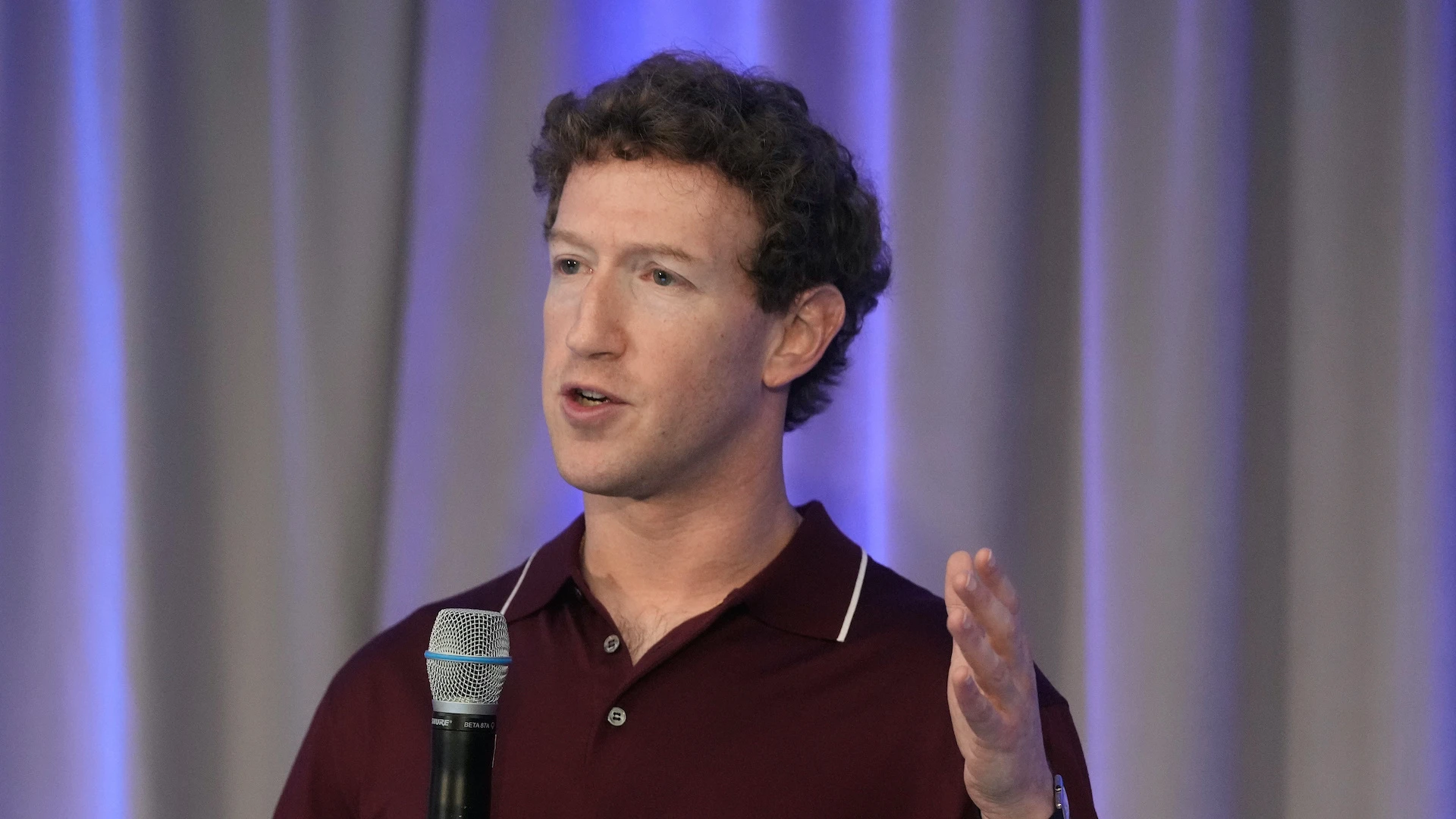
"The Federal Trade Commission "continues to insist that Meta competes with the same old rivals it has for the last decade, that the company holds a monopoly among that small set, and that it maintained that monopoly through anticompetitive acquisitions," Boasberg wrote in his ruling. "Whether or not Meta enjoyed monopoly power in the past, though, the agency must show that it continues to hold such power now. The Court's verdict today determines that the FTC has not done so.""
"Meta, the FTC had argued, has maintained a monopoly by pursuing CEO Mark Zuckerberg's strategy, "expressed in 2008: 'It is better to buy than compete.' True to that maxim, Facebook has systematically tracked potential rivals and acquired companies that it viewed as serious competitive threats. During his April testimony, Zuckerberg pushed back against the FTC's contention that Facebook bought Instagram to neutralize a threat.""
"In his line of questioning, FTC attorney Daniel Matheson repeatedly brought up emails-many of them more than a decade old-written by Zuckerberg and his associates before and after the acquisition of Instagram. While acknowledging the documents, Zuckerberg has often sought to downplay the contents, saying he wrote them in the early stages of considering the acquisition and that what he wrote at the time didn't capture the full scope of his interest in the company."
U.S. District Judge James Boasberg ruled that Meta does not hold a monopoly in social networking, rejecting the FTC's request to force divestitures of Instagram and WhatsApp. The ruling concluded the FTC failed to show that Meta currently exercises monopoly power. The FTC argued Meta pursued a buy-rather-than-compete strategy, acquiring rivals and neutralizing threats. The trial included examination of emails written by CEO Mark Zuckerberg and testimony in April where Zuckerberg disputed the characterization of the Instagram acquisition. The decision follows separate rulings that found Google an illegal monopoly in search and online advertising, signaling continued regulatory scrutiny across Big Tech.
Read at Fast Company
Unable to calculate read time
Collection
[
|
...
]